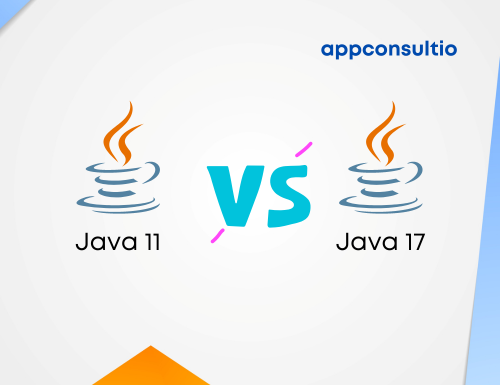
Java is a popular programming language that is widely used for building enterprise-scale applications, mobile apps, web applications, and more. Java is constantly evolving, with new versions being released regularly. In this post, we will discuss the differences between Java 11 and Java 17.
Performance and Memory Management Java 17 introduces a new feature called "ZGC," which is an advanced garbage collector designed to handle large heaps with a minimum impact on performance. It also introduces "C2" as the default just-in-time compiler, which provides improved performance over the previous default "C1" compiler. Java 11 also has a few performance improvements, but not as significant as those in Java 17.
Security Java 17 has several new security enhancements, including the ability to use certificates stored in PKCS#12 keystores and new options to control cryptographic algorithms. Java 11 also has several security enhancements, including support for the latest TLS protocols.
Language Features Java 17 introduces several new language features, such as pattern matching for switch statements, sealed classes, and records. These features help developers write more concise and expressive code. Java 11 also has a few language enhancements, including support for the "var" keyword, which makes it easier to declare local variables.
Support and Maintenance Java 11 is a long-term support (LTS) release, which means it will be supported for several years with bug fixes and security updates. Java 17 is also an LTS release and will be supported for a longer period than non-LTS releases.
Platform Compatibility Java 11 is compatible with older versions of the Java platform, while Java 17 may not be compatible with older versions. This may cause issues for some applications that require older versions of the platform.
In conclusion, both Java 11 and Java 17 have their own advantages and disadvantages. Developers should choose the version that best meets their needs based on their specific requirements. For applications that require long-term support and stability, Java 11 may be the better choice, while for applications that require the latest features and performance improvements, Java 17 may be the better choice.